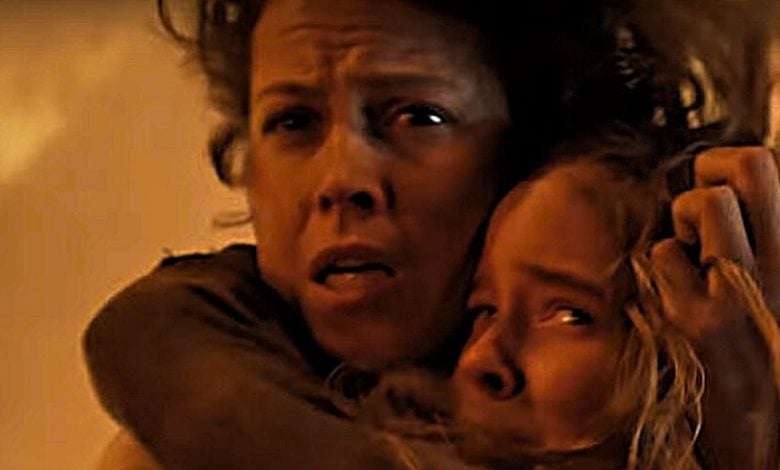Why Ripley in ‘Aliens’ Is the Ultimate Anti-Mary Sue

Few science fiction films have aged as gracefully as 1979’s “Alien.”
The special effects, the monster makeup and even the anti-corporate jabs seem as fresh today as they were back then.
The same holds true for its belated sequel.
The 1986 smash “Aliens” brought Sigourney Weaver back for more intergalactic scares. This time we weren’t surprised by Weaver’s Ripley. She appeared to be just one of seven potential victims in the first “Alien” adventure. By the film’s end we saw a natural born leader, a scrappy soul who outlasted an efficient killing machine.
Ripley became nothing less than a sci-fi icon in “Aliens.”
RELATED: New Sci-Fi Anthology Avoids PC Groupthink
What’s fascinating about watching James Cameron’s sequel today is spotting what isn’t on the screen. Thirty-three years ago, Cameron didn’t stuff the narrative with empowering speeches. He didn’t need to virtue signal to his fellow filmmakers.
The screenplay doesn’t emasculate male characters to make Ripley look more bad ass. Bill Paxton’s glorious Hudson is blissful comic relief.
In short, Cameron wrote Ripley as a full-bodied character sans agenda. And she’s glorious.
The 1990 Director’s Cut version, available on the franchise’s four-pack edition, is a mixed bag. Some scenes are clearly unnecessary, like a series of remote gun turrets which blast the alien invasion until the ammo runs dry.
Other moments pack a sizable wallop.
Emma Porteous’ costume designs for James Cameron’s Aliens (1986)https://t.co/Ls9WkThskX pic.twitter.com/anlv8BekXB
— SF/F Costumes & Modelwork (@scificostumes) August 8, 2019
Take Ripley learning more about the daughter she left behind in the first film. Ripley slept for more than 50 years between “Alien” and “Aliens.” When she wakes up she learns her “girl” grew into her golden years and died before Momma’s return.
That makes Ripley’s bond with Newt, the young survivor of the alien uprising, all the more powerful.
FAST FACT: Carrie Henn, the young actress who plays Newt in “Aliens,” opted against an acting career following her hit debut. She has but one credit on IMDB.com.
Ripley became a cinematic superhero in “Aliens,” but she starts as a scared woman unsure where she fits in her new reality. Even when she learns she’s right about the fate of the human colony at the heart of the story she’s not itching for a rematch.
Far from it.
She wishes she were back home again, safe and sound. That isn’t possible, so she makes the best of an awful situation.
She saves the day. Over and again.
Had “Aliens” been made in 2019, the mother-daughter connection might have been underplayed or ignored entirely. Motherhood connects to the patriarchy, the screenwriters might declare. Social Justice critics would complain about parenthood getting in the way of Ripley’s career and/or heroism.
Ripley’s romantic bond with Hicks (Michael Biehn), served up with delicacy by Cameron’s script, also wouldn’t make the cut.
Powerful women can’t be identified by their cis-gender emotions. Why doesn’t Ripley flirt with Vasquez, the buff female Marine played by Jenette Goldstein?
Any flaws in Ripley, from moments of weakness to feminine flourishes, would be wiped clean.
Instead, she exists forever on home video and streaming as the Anti-Mary Sue.
RELATED: ‘Captain Marvel’ Drowns in Victimhood, Dull Action
It’s one reason the ’80s endure. The decade offered direct pleasures, free from social media scolds and finger-wagging lectures. The films featured heroes who could do the wrong thing, or treat their fellow characters in ways we wouldn’t accept with our friends and families, and still earn our cheers.
Imagine “Ferris Bueller’s Day Off” hitting theaters today.
The cries against a straight white male gaming the system would drown everything out.
“Save Ferris?” How about, “Check your privilege!”
No apologies are necessary with Ferris or Ripley. They remain entrenched in pop culture lore, impervious to cultural scolds.
